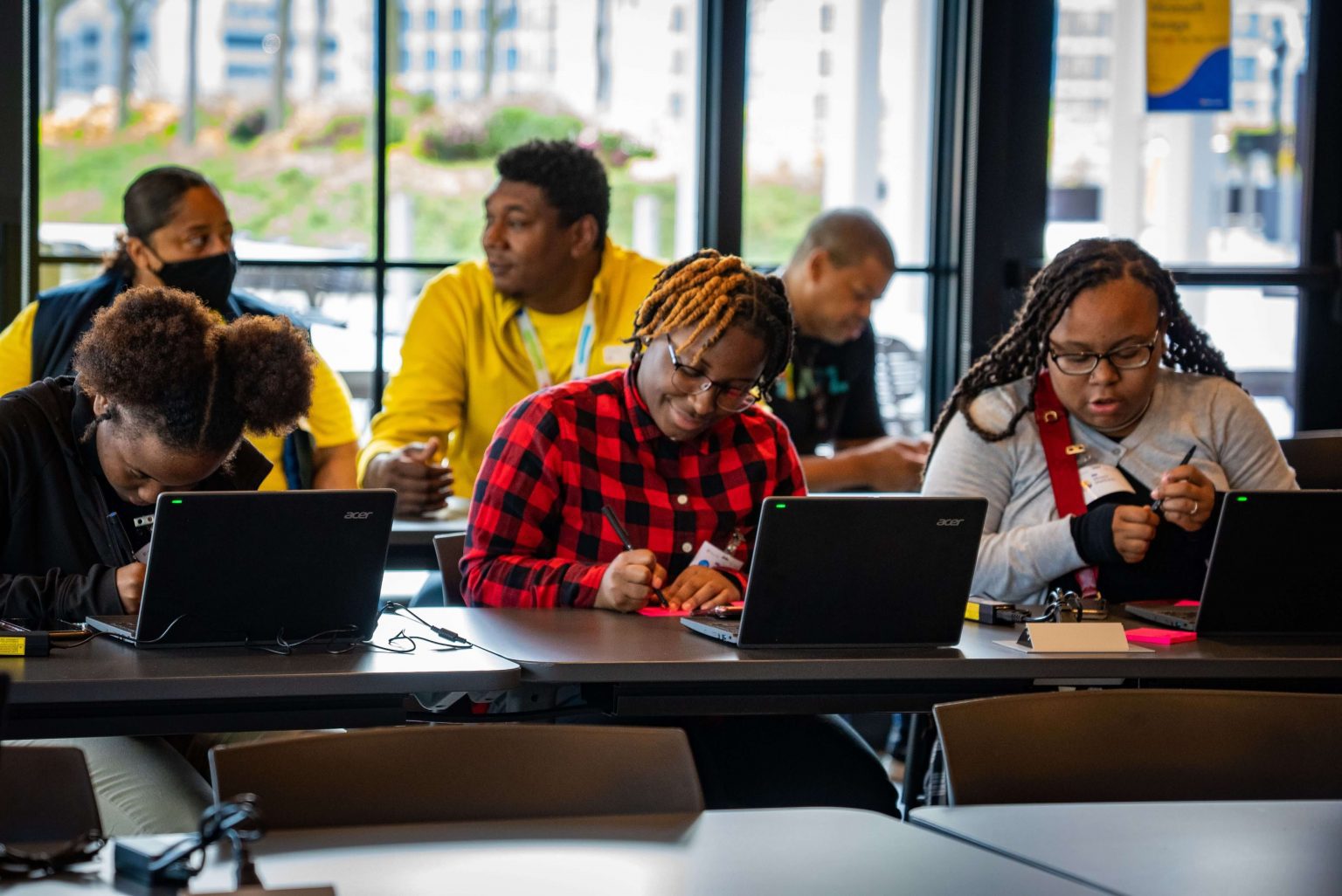Become Quantify Academy's Voice of Change
Fri, 04 Jul 2025

Follow the stories of academics and their research expeditions

In a world increasingly shaped by technology, programming has moved from being a niche skill to a fundamental force behind modern life. It’s no longer just the realm of software engineers and IT experts, programming is deeply embedded in the tools, systems, and services we use every day. From the apps on our smartphones to the smart devices that manage our homes, code silently powers our experiences, simplifies tasks, and connects the world around us.
Yet programming does more than run our devices. It drives innovation, improves industry operations, enhances communication, and offers scalable solutions to some of the most complex challenges facing humanity. Whether you’re a student planning your career, a professional looking to upskill, or a curious mind exploring new knowledge, learning how to program opens the door to a world of possibilities.
Programming plays a crucial role in the tools and technologies we interact with daily. Think of the smartphones we use from the moment we wake up, every swipe, tap, and alert is governed by carefully written code. The apps we rely on for navigation, messaging, fitness, banking, and entertainment are all built using programming logic. Even the growing trend of smart homes, from remotely controlled lighting to automated thermostats and security systems, depends entirely on embedded software. In short, programming turns everyday convenience into seamless digital living.
Beyond the personal level, programming is revolutionizing industries on a global scale. In healthcare, it powers hospital systems, diagnostic tools, wearable technology, and telemedicine platforms that allow remote consultation and patient monitoring. In education, online learning platforms and AI-powered tools make personalized learning accessible and effective. The finance sector depends on code to deliver secure banking apps, automate transactions, and analyze market trends using predictive algorithms. Transportation systems, too, are evolving, with GPS-based route optimization and the emergence of self-driving vehicles all relying on sophisticated software engineering.
The way we communicate has also been transformed through programming. Social media platforms like Instagram, Twitter (X), and Facebook use complex algorithms to serve content and connect users globally. Instant messaging apps such as WhatsApp and Signal enable fast, encrypted communication across borders. Video conferencing tools like Zoom, Microsoft Teams, and Google Meet, especially vital in today’s remote and hybrid work environments, are powered entirely by robust code architectures.
In the creative and entertainment industries, programming serves as a powerful enabler. From immersive gaming experiences to algorithm-driven streaming services like Netflix and Spotify, code brings content to life and personalizes how we consume it. Digital artists and musicians now have access to sophisticated tools that allow them to create, edit, and share their work with a global audience, thanks to programming.
But perhaps most inspiring is how programming is being used to address global challenges. In the fight against climate change, software models help scientists predict environmental trends and inform sustainable solutions. Space agencies rely on programming to control spacecraft, analyze data from distant galaxies, and manage satellite networks. Machine learning algorithms are increasingly being applied in fields like medicine, logistics, and disaster management, solving problems faster and more efficiently than ever before.
The rise of programming has also unlocked a world of career opportunities. Today’s job market increasingly favors candidates with coding skills, whether in software development, data science, cybersecurity, artificial intelligence, or web development. Even for those not in technical roles, a foundational understanding of programming boosts problem-solving abilities, logical reasoning, and digital literacy, all critical skills in the modern workplace.
Moreover, programming fosters innovation. Entrepreneurs use it to build startups and develop products that disrupt industries. Developers collaborate through open-source platforms like GitHub, building tools and technologies that benefit millions. Hackathons encourage rapid ideation and problem-solving, enabling creative thinkers to transform ideas into solutions within hours or days.
As we look toward the future, the role of programming will only become more significant. With the rise of artificial intelligence, big data, and the Internet of Things (IoT), programming is shaping the smart cities we live in, the systems that govern us, and the services we depend on. It is the unseen force stitching together innovation and impact in nearly every sector.
In conclusion, programming is far more than just writing lines of code. It’s a tool for transformation, empowering individuals, businesses, and communities to solve problems, streamline operations, and bring big ideas to life. Whether you dream of becoming a developer or simply want to understand the language of the digital age, programming is your gateway to a smarter, more empowered future.
At Quantify Academy, we’re dedicated to equipping you with this essential skill. Explore our programming courses, connect with mentors, and begin building your future, one line of code at a time.
Fri, 04 Jul 2025

Fri, 04 Jul 2025

Fri, 04 Jul 2025

Leave a comment